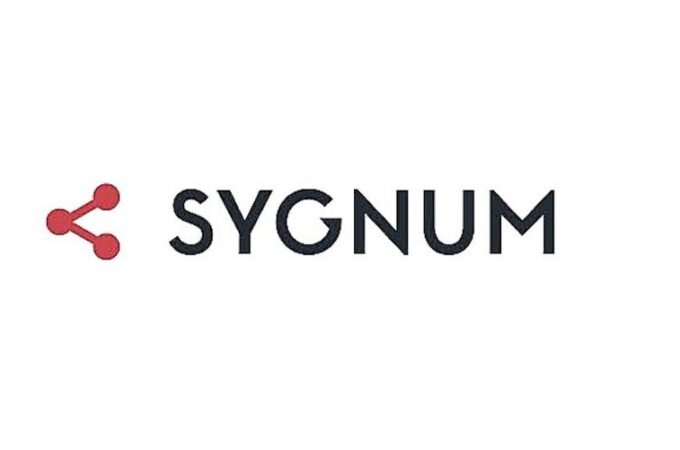
Mastercard expands cryptocurrency program to allow more firms to issue cards on its network
via CNBC
Mastercard has expanded its cryptocurrency program to make it easier for companies in the space to issue their own payment cards.
The company has signed a deal with Wirex that makes the London-based start-up the first “native” cryptocurrency platform to gain principal membership. That effectively means that Wirex can now directly issue cards on Mastercard’s network.
“The cryptocurrency market continues to mature, and Mastercard is driving it forward, creating safe and secure experiences for consumers and businesses in today’s digital economy,” said Raj Dhamodharan, Mastercard’s executive vice president for digital asset and blockchain products and partnerships.
“Our work with Wirex and the wider crypto ecosystem is accelerating innovation and empowering consumers with more choice in the way they pay.”
Mastercard will also bring more cryptocurrency firms into its start-up initiative, Mastercard Accelerate.
‘Legitimization of crypto’
The move highlights a deeper push from one of the world’s biggest financial services companies in the still nascent cryptocurrency industry. It’s worth noting though that cryptocurrency payment cards aren’t new.
Last year, Coinbase launched its own card in partnership with Visa, Mastercard’s main competitor. And the company recently became a Visa principal member, allowing it introduce more features with the card and launch it in new markets.
And Wirex, which was founded in 2014, also offered a Visa card prior to the Mastercard announcement. The firm’s app lets people buy and sell bitcoin, ether and other cryptocurrencies, as well as traditional currencies like the U.S. dollar and euro.
“This is less a watershed moment and more part of a broader, slow and steady legitimization of crypto as the global regulators increasingly put systems and controls in place,” Simon Taylor, head of ventures at fintech consultancy firm 11:FS, told CNBC.
Mastercard and Visa have previously signaled their interest in the crypto sector, most notably by signing up to become members of Facebook’s Libra digital currency project. But the two payment giants exited Libra last year, getting cold feet after the initiative was met with intense regulatory backlash.





